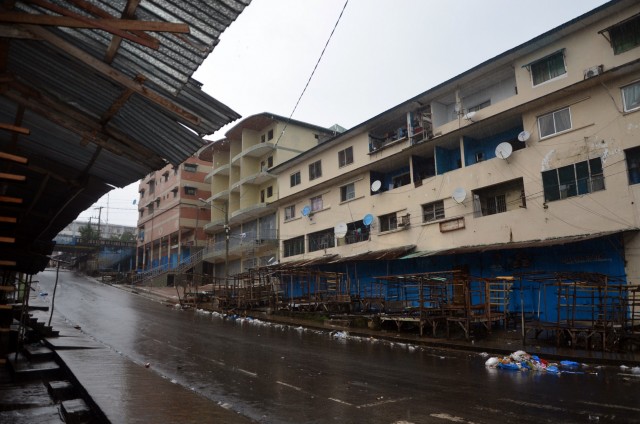
While Californians worry about a single possible case of Ebola, considered low risk, the hot spot for this outbreak remains in West Africa where 1,350 people have died, and another 2,400 people are sick with the illness. But what happens to people who get sick with something that is not Ebola?
Dr. James Appel was trained in the Inland Empire, at the Loma Linda University School of Medicine. He's been working for Adventist Health International at hospitals in Chad for the last decade. Last week, Dr. Appel flew to Liberia to keep the doors open at Cooper Adventist, a small hospital in the capital, Monrovia, focusing on remaining available to patients with anything but Ebola. He talked Thursday morning with The California Report's Rachael Myrow.
Appel described Liberia as "shutting down" around him. "There's a curfew that's been initiated. Many businesses are not open; all the schools are closed, government offices are closed," Appel told Myrow. "So for example our hospital is not getting paid by the insurance companies, because insurance companies are closed. The whole economy is coming to a standstill."
Appel said that people are starting to think there will be food shortages. There's a "profound impact not just for those few patients effected by Ebola, but for the whole country," Appel said.
Many public hospitals in West Africa are closing their doors or refusing new patients, Myrow noted, and asked Appel why the General Conference of 7th Day Adventists wanted to keep Cooper Adventist open.